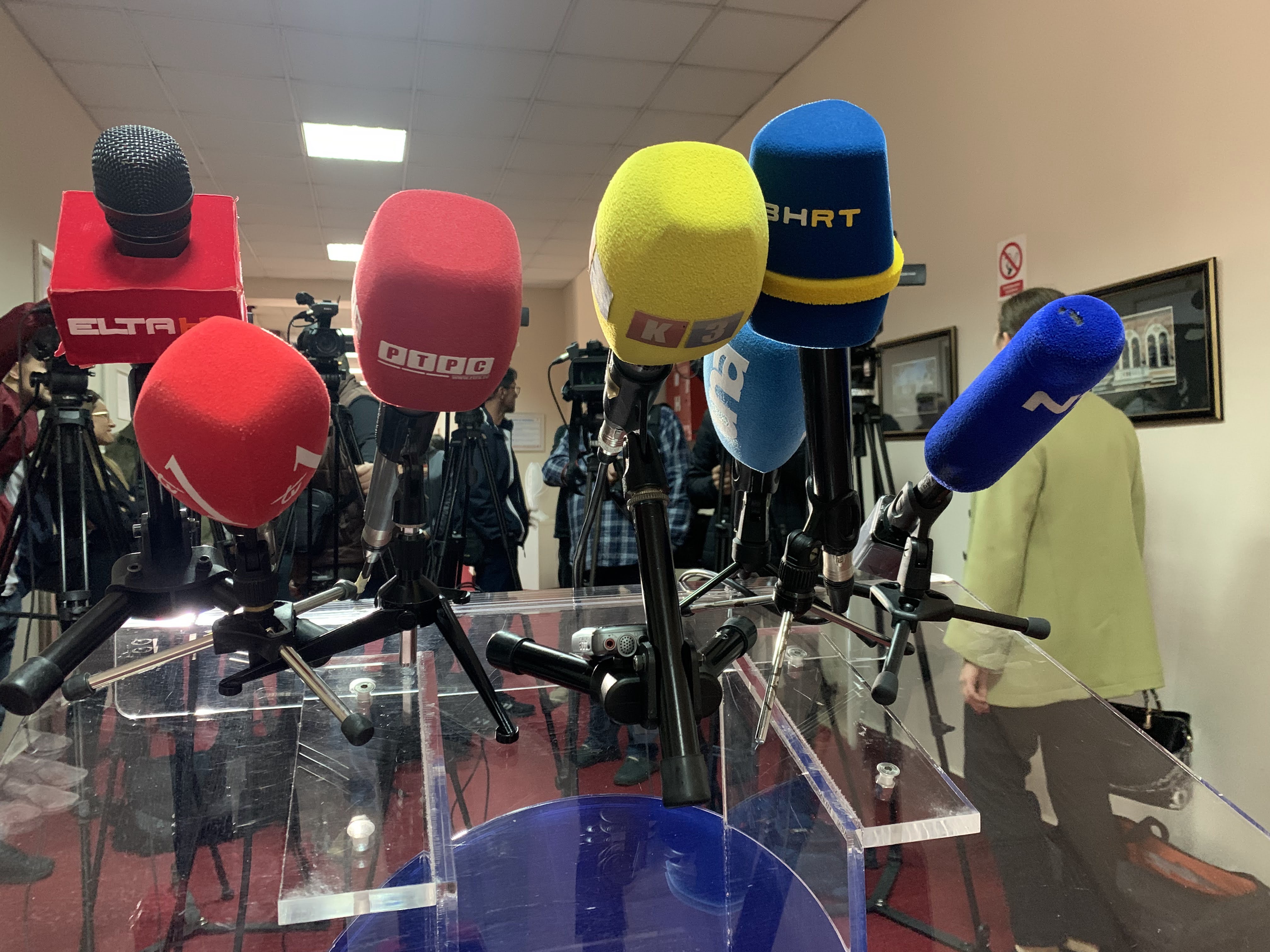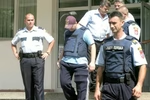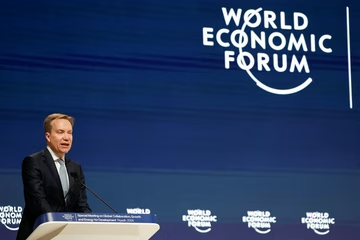
Media freedoms and the rights of journalists in Bosnia and Herzegovina are increasingly threatened, and in 2022 alone, more than 30 different attacks on media outlets and journalists were recorded, with politicians and elected officials responsible for a third of the attacks.
The figures of the analysis were published on Friday in Sarajevo by the BH Journalists Association
"The pressure on the media is growing rapidly, and in 2022 it was 40 percent higher than the year before," said Maja Radevic, a representative of the association during the presentation.
According to estimates by the international association Reporters Without Borders, BiH is currently the 67th country in the world in terms of freedom of the media, which is a decline of nine places on the media freedom index.
In ten years, the country has fallen by as many as 30 places on this ranking.
The media freedom index is topped by Norway, Denmark and Sweden. Croatia is in the upper part of the ranking, taking 48th place, while Iran, Eritrea and North Korea are at the bottom, ranking between 178th and 180th.
Although, according to the BH Journalists Association, Bosnia and Herzegovina has a relatively good legislative framework, it proved to be insufficient for the protection of the media and journalists, who operate in an extremely unfavorable social environment, and political pressures on them are constantly increasing, including the threat of shutting down public services at the state level.
The average net salary of journalists in Bosnia and Herzegovina in 2022 was between 600 and 1,300 Bosnian marks, that is, between €300 and €650. Journalists do not have their own representative union that would be a partner to employers in negotiations about work status and rights.
As the analysis points out, there is no solidarity among the media and journalists in BH because they are mostly divided along political and ethnic lines, which is then further abused by politicians, including their covert ownership of a large number of internet portals that do not have a transparent ownership structure.
According to the data by the Communications Regulatory Agency (RAK), Bosnia's top regulatory body, 39 television and 150 radio stations are currently registered in the country. The Press Council has data on nine registered daily newspapers, 189 magazines and 615 web portals, but there are estimates that there are actually up to 2,000 of them, because most of them operate in the legal "gray zone."
Initiatives to protect rights and media freedoms, such as the one to treat attacks on journalists as attacks on state officials, have so far not received the green light from the Council of Ministers.
The general secretary of the association, Borka Rudic, warned that along with all this comes the announcement of the criminalisation of defamation in the Serb-majority entity of Republika Srpska, assessing that this may be the biggest attack on media freedom in BiH in the past few decades.
"If these laws are adopted in the RS, they will simply spill over into the Federation (Bosniak-Croat entity) and result in the disappearance of freedom of expression and the safety of journalists," Rudic said, accusing the international community of reacting late and slowly to such announcements from the RS, which leaves local politicians the space to carry out their intentions to stifle the media unhindered.
The draft of the controversial law, which foresees drastic fines for defamation, which should become a criminal offence despite the condemnations of the journalistic community, was adopted by the RS parliament, and no one exerted pressure to withdraw it from the parliamentary procedure.
Kakvo je tvoje mišljenje o ovome?
Učestvuj u diskusiji ili pročitaj komentare





 Srbija
Srbija
 Hrvatska
Hrvatska
 Slovenija
Slovenija



























































